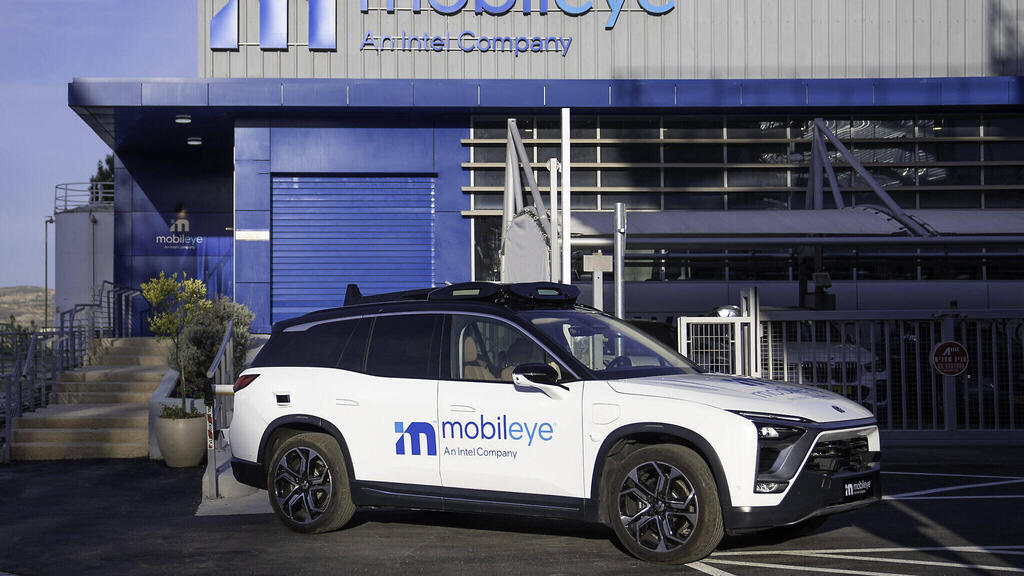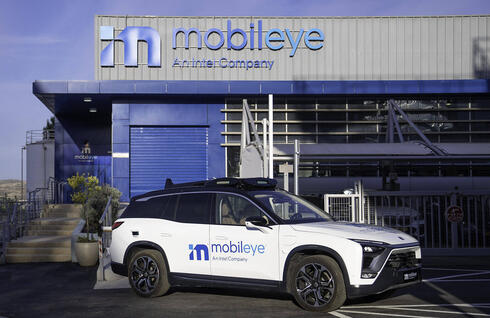
After Altera, is Intel preparing to sell Mobileye?
The $4.46B divestment signals a broader shakeup under new CEO Lip-Bu Tan.
Intel’s decision to sell a 51% stake in its Altera programmable chip unit to private equity firm Silver Lake for $4.46 billion marks the first major strategic move under new CEO Lip-Bu Tan. But as the company sharpens its focus and sheds non-core businesses, attention is now turning to one of its most high-profile assets: Mobileye.
The Altera deal, announced Monday, values the unit at $8.75 billion—nearly half of the $16.7 billion Intel paid for it in 2015. Though the sale represents a financial loss on paper, it brings in critical cash as Intel attempts to recover from a period of strategic missteps and costly bets on contract chip manufacturing made under former CEO Pat Gelsinger.
“Today’s announcement reflects our commitment to sharpening our focus, lowering our expense structure and strengthening our balance sheet,” Tan said in a statement.
Altera, which generated just $1.54 billion in revenue last year (roughly 3% of Intel’s total) and posted a $615 million operating loss, had long been viewed as underperforming. The company’s decision to bring Altera chip production in-house—away from Taiwan’s TSMC—proved costly and allowed rival Xilinx, later acquired by AMD, to capture market share.
Hendi Susanto, portfolio manager at Gabelli Funds (a shareholder in Intel), noted the timing was far from ideal. “The divestiture of Altera is at a market down-cycle and at the bottom of Altera’s sales performance. It is not the best time to sell,” he said. Still, he acknowledged that some investors may welcome the move as a sign of Intel’s renewed focus on core operations.
A broader breakup in motion
But Altera may be just the beginning. Intel’s next move, some analysts believe, could involve reducing or exiting its stake in Mobileye, the autonomous driving technology firm it acquired in 2017 for $15.3 billion and took public in 2022.
Intel currently retains a majority stake in Mobileye, which has continued to operate as a relatively independent entity. While the company has enjoyed visibility in the autonomous driving space, it's been increasingly framed as a “non-core” asset—particularly as Intel pivots to custom silicon, artificial intelligence, and foundry services.
In December, Intel CFO David Zinsner told investors the company might gradually sell down its Mobileye stake, saying Intel could "use the cash" and implying that divestment was not off the table.
Related articles:
A strategic inflection point
Intel's transformation, now under Tan’s leadership, marks a dramatic shift for a company once defined by its vertically integrated model. That model, combining chip design and manufacturing, has increasingly fallen out of favor as more agile competitors like Nvidia and AMD take the lead in key growth areas such as AI and high-performance computing.
The sale of Altera—and possibly Mobileye—could be seen as an effort to unwind past diversification attempts that failed to pay off, and instead double down on the chipmaker’s core mission.
Whether Mobileye stays or goes could be a defining moment for Tan’s tenure and a litmus test for investor confidence in Intel’s ability to focus, adapt, and regain technological leadership.
Reuters contributed to this report.
